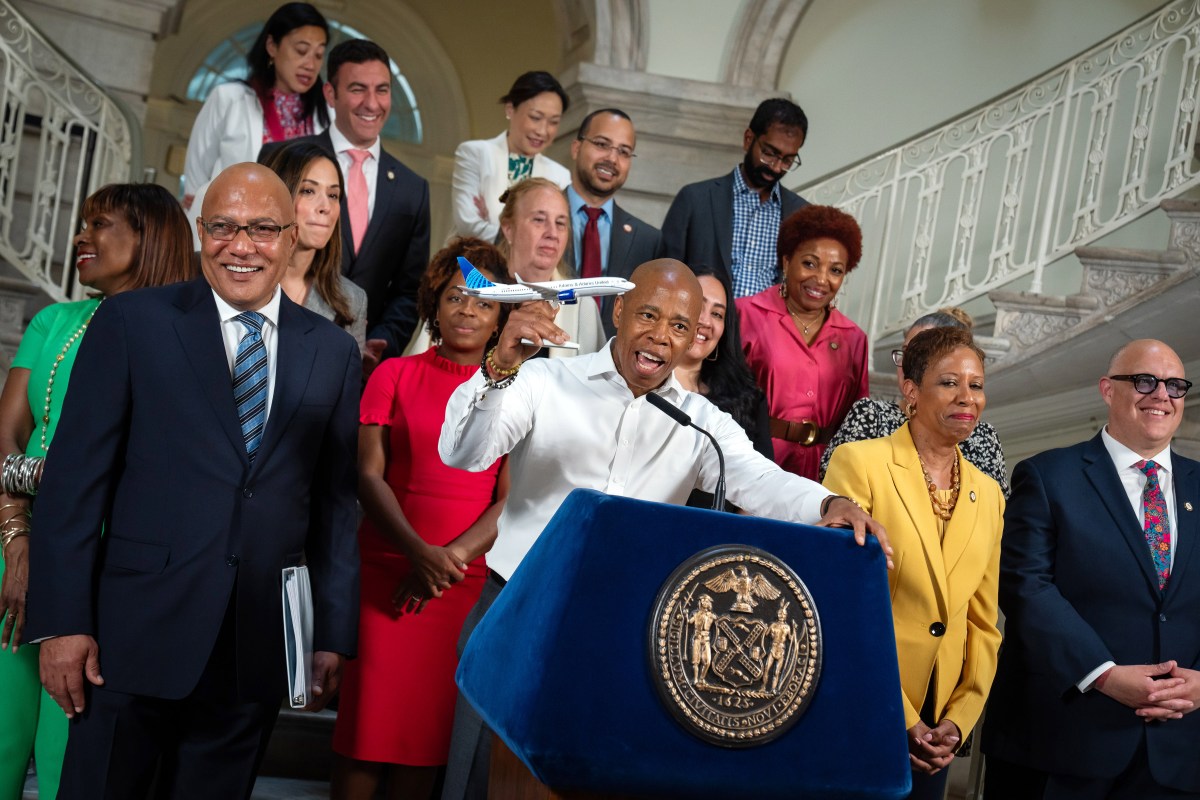ATLANTA (AP) — The first American nuclear reactor to be built from scratch in decades is sending electricity reliably to the grid, but the cost of the Georgia power plant could discourage utilities from pursuing nuclear power as a path to a carbon-free future.
Georgia Power Co. announced Monday that Unit 3 at Plant Vogtle, southeast of Augusta, has completed testing and is now in commercial operation, seven years late and $17 billion over budget.
At its full output of 1,100 megawatts of electricity, Unit 3 can power 500,000 homes and businesses. A number of other utilities in Georgia, Florida and Alabama are receiving the electricity, in addition to the 2.7 million customers of Southern Co. subsidiary Georgia Power.
“This hadn’t been done in this country from start to finish in some 30-plus years,” Chris Womack, CEO of Atlanta-based Southern Co. said Monday in a telephone interview. “So to do this, to get this done, to get this done right, is a wonderful accomplishment for our company, for the state and for the customers here in Georgia.”
A fourth reactor is also nearing completion at the site, where two earlier reactors have been generating electricity for decades. The Nuclear Regulatory Commission on Friday said radioactive fuel could be loaded into Unit 4, a step expected to take place before the end of September. Unit 4 is scheduled to enter commercial operation by March.
The third and fourth reactors were originally supposed to cost $14 billion, but are now on track to cost their owners $31 billion. That doesn’t include $3.7 billion that original contractor Westinghouse paid to the owners to walk away from the project. That brings total spending to almost $35 billion.
The third reactor was supposed to start generating power in 2016 when construction began in 2009.
Vogtle is important because government officials and some utilities are again looking to nuclear power to alleviate climate change by generating electricity without burning natural gas, coal and oil. But most focus in the U.S. currently is on smaller nuclear reactors, which advocates hope can be built without the cost and schedule overruns that have plagued Vogtle. For its part, Womack said Southern Co. isn’t looking to add any more reactors to its fleet.
“In terms of us making additional investments, at this time is not something that we’re going to do, but I do think others in this country should move in that direction,” Womack said.
In Georgia, almost every electric customer will pay for Vogtle. Georgia Power currently owns 45.7% of the reactors. Smaller shares are owned by Oglethorpe Power Corp., which provides electricity to member-owned cooperatives, the Municipal Electric Authority of Georgia and the city of Dalton. Oglethorpe and MEAG plan to sell power to cooperatives and municipal utilities across Georgia, as well in Jacksonville, Florida, and parts of Alabama and the Florida Panhandle.
Georgia Power’s residential customers are projected to pay more than $926 apiece as part of an ongoing finance charge and elected public service commissioners have approved a rate increase. Residential customers will pay $4 more per month as soon as the third unit begins generating power. That could hit bills in August, two months after residential customers saw a $16-a-month increase to pay for higher fuel costs.
The high construction costs have wiped out any future benefit from low nuclear fuel costs in the future, experts have repeatedly testified before commissioners.
“The cost increases and schedule delays have completely eliminated any benefit on a life-cycle cost basis,” Tom Newsome, director of utility finance for the commission, testified Thursday in a Georgia Public Service Commission hearing examining spending.
The utility will face a fight from longtime opponents of the plant, many of whom note that power generated from solar and wind would be cheaper. They say letting Georgia Power make ratepayers pay for mistakes will unfairly bolster the utility’s profits.
“While capital-intensive and expensive projects may benefit Georgia Power’s shareholders who have enjoyed record profits throughout Vogtle’s beleaguered construction, they are not the least-cost option for Georgians who are feeling the sting of repeated bill increases,” Southern Environmental Law Center staff attorney Bob Sherrier said in a statement.
Commissioners will decide later who pays for the remainder of the costs of Vogtle, including the fourth reactor. Customers will pay for the share of spending that commissioners determine was prudent, while the company and its shareholders will have to pay for spending commissioners decide was wasteful.
Georgia Power CEO Kim Greene said the company hasn’t decided how much it will ask customers to pay.
“That will be determined as we move closer and closer to our prudence filing, but we have not made a final determination,” Greene said.
























